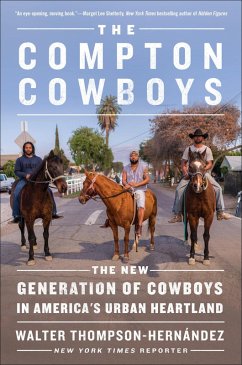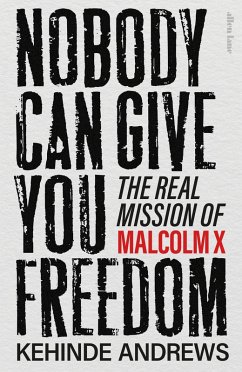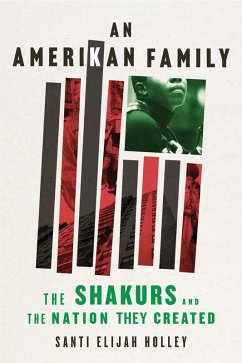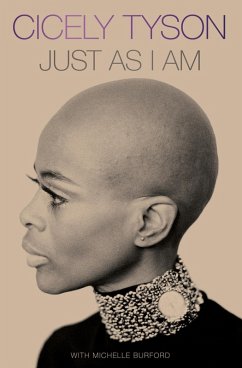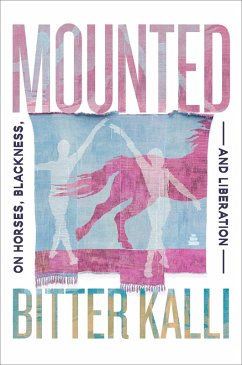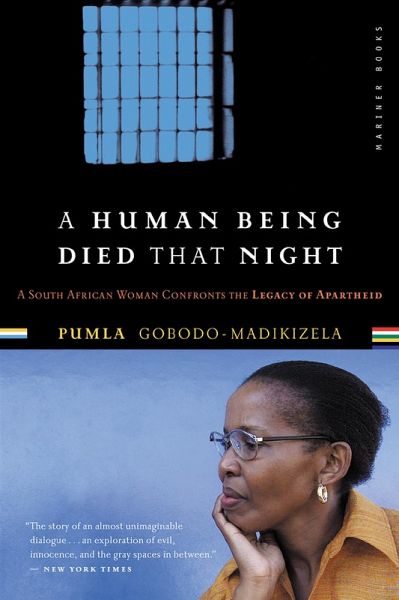
A Human Being Died That Night (eBook, ePUB)
A South African Woman Confronts the Legacy of Apartheid

PAYBACK Punkte
0 °P sammeln!
Winner of the 2024 Templeton PrizeThe story of an almost unimaginable dialogue...an exploration of evil, innocence, and the gray spaces in between.New York TimesA startlingly personal account...written with clarity, energy, and enormous empathyWashington PostA Mariner Books ClassicPumla Gobodo-Madikizela, internationally reknowned for her understanding of violent histories and transgenerational trauma, recounts an extraordinary dialogue. As her book opens, in an act of inescapable symbolism and psychological courage, she enters Pretoria's maximum security prison to meet Eugene de Kock, called ...
Winner of the 2024 Templeton Prize
The story of an almost unimaginable dialogue...an exploration of evil, innocence, and the gray spaces in between.New York Times
A startlingly personal account...written with clarity, energy, and enormous empathyWashington Post
A Mariner Books Classic
Pumla Gobodo-Madikizela, internationally reknowned for her understanding of violent histories and transgenerational trauma, recounts an extraordinary dialogue. As her book opens, in an act of inescapable symbolism and psychological courage, she enters Pretoria's maximum security prison to meet Eugene de Kock, called Prime Evil for his role as killing machine for South Africa's Apartheid regime. What follows is a journey into what it means to be human.
In arresting scenes, Gobodo-Madikizela, who grew up in a Black township during apartheid South Africa, conveys her struggle with contradictory impulses to hold de Kock accountable and to forgive. Ultimately, she allows us to witness his extraordinary awakening of conscience.
The author's profound understanding of the language and memory of violence, and of the searingly complex issues surrounding apology and forgiveness after mass atrocity, have left a mark on international scholarship and on our emotional lives.
The story of an almost unimaginable dialogue...an exploration of evil, innocence, and the gray spaces in between.New York Times
A startlingly personal account...written with clarity, energy, and enormous empathyWashington Post
A Mariner Books Classic
Pumla Gobodo-Madikizela, internationally reknowned for her understanding of violent histories and transgenerational trauma, recounts an extraordinary dialogue. As her book opens, in an act of inescapable symbolism and psychological courage, she enters Pretoria's maximum security prison to meet Eugene de Kock, called Prime Evil for his role as killing machine for South Africa's Apartheid regime. What follows is a journey into what it means to be human.
In arresting scenes, Gobodo-Madikizela, who grew up in a Black township during apartheid South Africa, conveys her struggle with contradictory impulses to hold de Kock accountable and to forgive. Ultimately, she allows us to witness his extraordinary awakening of conscience.
The author's profound understanding of the language and memory of violence, and of the searingly complex issues surrounding apology and forgiveness after mass atrocity, have left a mark on international scholarship and on our emotional lives.
Dieser Download kann aus rechtlichen Gründen nur mit Rechnungsadresse in A, B, BG, CZ, D, DK, EW, E, FIN, F, GR, HR, H, I, LT, L, LR, NL, PL, P, R, S, SLO, SK ausgeliefert werden.






